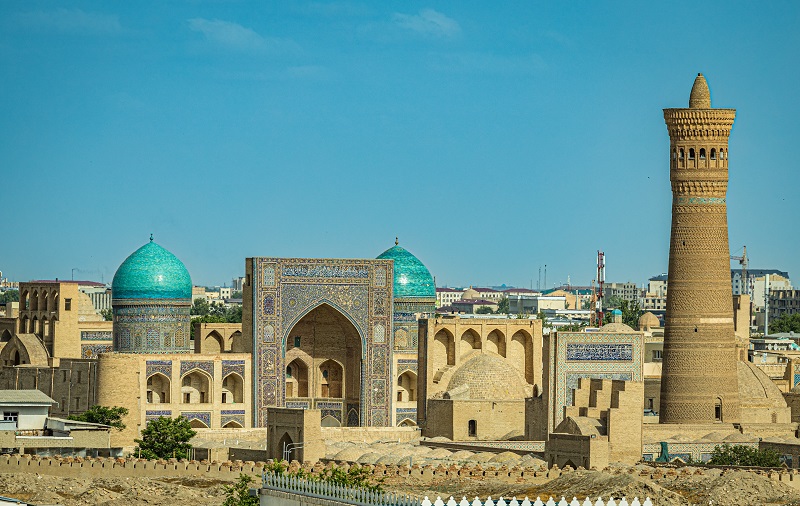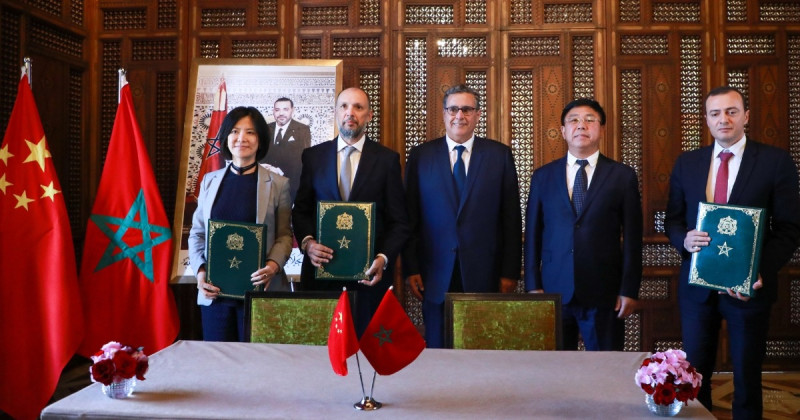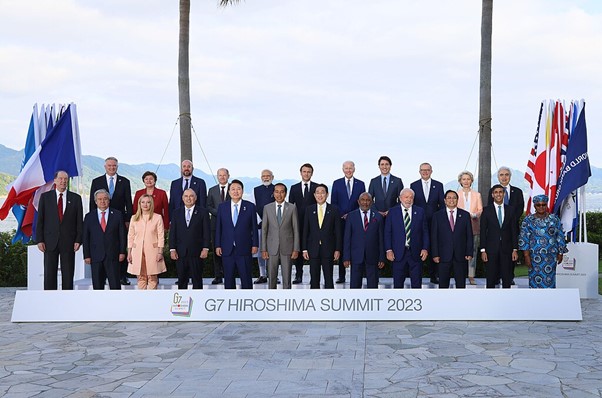International business expansion guidance and advice

Trade Horizons’ Market Entry Blog
Our market entry blog covers a range of topics relating to international business expansion. Articles tackle many different subjects, including the initial planning and preparation stages of growing your business, advances in technology you can take advantage of, through to sales & marketing, packaging and branding advice. Written by leading experts in their field, you’ll be sure to find something of interest and real-world practical advice if you are looking to grow your business around the world.
Latest Articles
July #1 Trade News: Uzbekistan, Developing countries, AI, Nigeria, Bank of Ireland, Philippines, UK, Germany, West Midlands, Utah trade mission
Uzbekistan located in Central Asia has been a model country when it comes to attracting FDI in the past 6 years when it stopped being a Soviet state. The incoming President at the death of long-time autocrat in 2016 set about opening up the country to the West, liberalising the economy and becoming a free market.
June #4 Trade News: US grants, Modi, Australia EU, Indonesia, Mexico, Costa Rica
Increase in AI FDI in 2022 than 2021 and 3.5% of all projects were AI projects. The US was the top recipient of AI related projects with 122 followed by UK with 27 and India with 35.
June #3 Trade News: AI FDI, US FTAs, London Tech Week, Indonesia, NSIA
Increase in AI FDI in 2022 than 2021 and 3.5% of all projects were AI projects. The US was the top recipient of AI related projects with 122 followed by UK with 27 and India with 35.
June #2 Trade News: Morocco Gigafactory, Africa trade, Atlantic declaration, Hydrogen, Thailand EVs, UK, Europe
The UK has joined the Comprehensive and Progressive Agreement for Trans-Pacific Partnership (CPTPP) last week in the largest trade deal since Brexit. The UK is the first European nation to join the trade bloc. Negotiations began in June 2021. The 11 members agreed in a meeting in Vietnam on the UK’s accession earlier this month. The UK has existing trade deals with all member nations except Malaysia. The Government’s economic impact assessment estimates the deal is worth a 0.08% boost to UK GDP.
North-American Aerospace FDI and Trade Mission to North Rhine-Westphalia in Germany
Registrations open: A great way to discover opportunities available to American and Canadian businesses who intend to expand in one of the world leading aerospace markets. From June 10th – 13th, 2024, Trade Horizons Limited, on behalf of Germany Trade and Invest Gesellschaft für Außenwirtschaft und standortmarketing mbH and in cooperation with NRW.Global Business, is organising a Germany-bound Trade Mission to the state of North Rhine-Westphalia (NRW).
June #1 Trade News: G7, Vietnam, London, Iran, Nigeria, India
The UK has joined the Comprehensive and Progressive Agreement for Trans-Pacific Partnership (CPTPP) last week in the largest trade deal since Brexit. The UK is the first European nation to join the trade bloc. Negotiations began in June 2021. The 11 members agreed in a meeting in Vietnam on the UK’s accession earlier this month. The UK has existing trade deals with all member nations except Malaysia. The Government’s economic impact assessment estimates the deal is worth a 0.08% boost to UK GDP.






